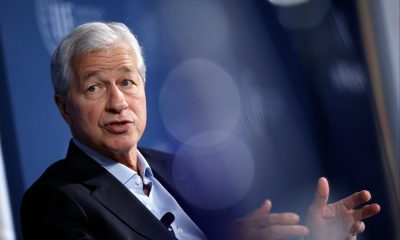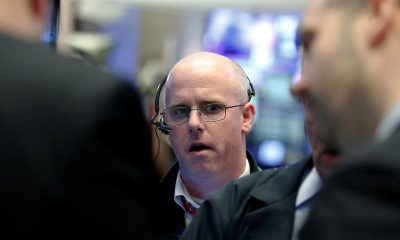Personal Finance
Americans anxious about money safety after bank failures: survey
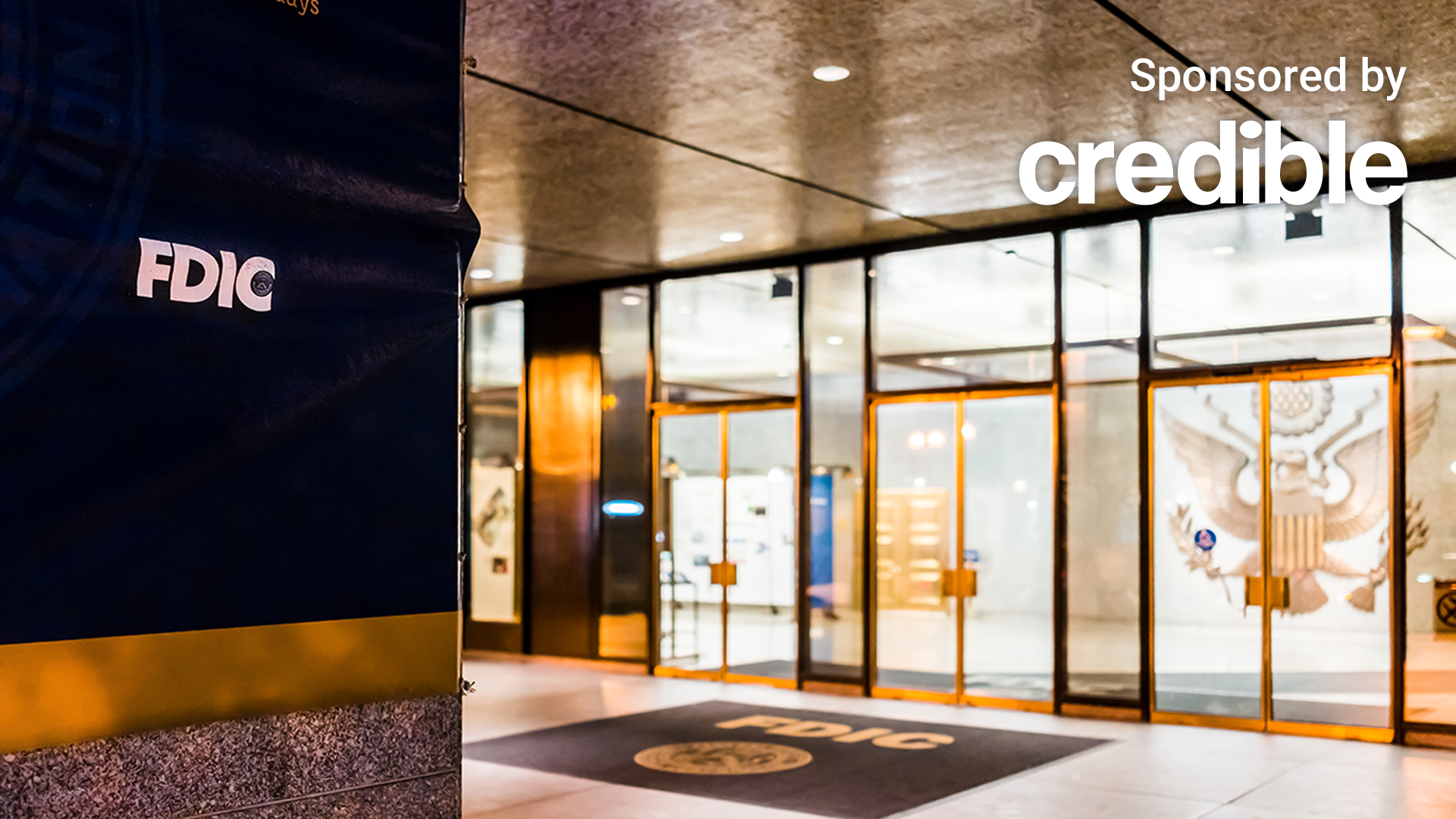
Banking failures have kept Americans on edge over whether their money is safe, a recent survey said.
The recent collapses of tech-friendly banks Silicon Valley Bank (SVB) and Signature Bank were why 48% of Americans said they were stressed about the safety of their money in accounts at banks or other financial institutions, according to a Gallup survey. The poll was conducted before the failure of First Republic Bank.
The survey was last conducted in 2008, following the fall of Lehman Brothers– the largest bank failure in U.S. history – in the wake of the subprime mortgage crisis. At the time, 45% of U.S. adults said they were very or moderately worried about the safety of their money, according to the survey.
“After several recent high-profile bank failures in the U.S., about half of Americans are concerned about the safety of the money they have in banks or other financial institutions,” Gallup said. “This is on par with the level of worry measured during the financial crisis in 2008 when financial institutions previously believed to be ‘too big to fail’ collapsed.”
If you’re concerned about the current economy, you could get rid of high-interest debt with a personal loan at a lower interest rate. Visit Credible to get your personalized rate in minutes.
INFLATION TICKS UP AGAIN IN APRIL, PUTS INTEREST RATE HIKES BACK ON THE TABLE
Some may not know how FDIC insurance works
Over half of Republicans respondents (55%) and 51% of Independents said they were at least moderately worried about the safety of their money, according to the survey. By comparison, 36% of Democrats expressed a similar concern over the safety of their money.
Broken down by educational level, 54% of respondents with no college degree said they were at least moderately concerned, while 36% of college graduates said they were. Half of Americans (50%) with an annual household income under $40,000 said they were worried about their money, while 40% of Americans earning over $100,000 said the same.
Most Americans, however, have money deposited in Federal Deposit Insurance Corporation (FDIC)-protected bank accounts. FDIC insures $250,000 per depositor, per insured bank, for each account ownership category, according to the Gallup survey.
FDIC is funded by premiums that banks and savings associations pay for deposit insurance coverage, according to the FDIC website.
Concern was higher among lower-income adults, those without a college degree and Republicans, which may be caused by a lack of awareness over how FDIC insurance works, according to Gallup.
“When banks fail, it is also unclear whether Americans’ heightened concern about their own deposits reflects a lack of awareness of the protections for small accounts provided by federal deposit insurance or their fear of a snowball effect that could bring down federal insurance as well,” the survey said.
“Worry among these groups may be higher because they do not know about FDIC insurance, or it may be linked to their displeasure with the current presidential administration and the U.S. economic situation,” the survey continued.
If you’re struggling in the current economy, alternative debt repayment options like debt consolidation loans could help you pay down high-interest debt at a lower interest rate. If you decide to borrow a personal loan to pay off debt, you can visit Credible to compare interest rates across multiple lenders.
MANY AMERICANS STILL OPTIMISTIC ABOUT HOMEBUYING DESPITE TOUGH ECONOMIC BACKDROP: TD BANK
Consumers are growing more satisfied with digital-only banking
While faith in retail banking appears to be waning, consumers have been increasingly satisfied with online-only banks, according to a recent J.P. Power survey.
Customer approval of direct banks rose 14 points this year, driven by their satisfaction with deposit interest rates and the ease of managing accounts and transferring money using a mobile app, the survey said.
“Amid widespread volatility in the U.S. retail banking sector, direct banks—which offer branchless, digital alternatives to traditional retail banks—have been a bright spot that continues to drive exceptionally high levels of customer satisfaction,” Paul McAdam, senior director of banking and payments intelligence at J.D. Power said in a statement. “With their attractive fee structures and focus on seamless digital customer experience, direct banks have been able to offer even more competitive interest rates than their brick-and-mortar counterparts while also making it incredibly easy for customers to move money and manage their accounts.”
If you are interested in taking out a personal loan, you could consider using an online marketplace to compare multiple options at once. Visit Credible to find your personalized interest rate without affecting your credit score.
AUTO INSURERS PLAN FURTHER RATE INCREASES THIS YEAR – HERE’S HOW YOU CAN GET COSTS UNDER CONTROL
Have a finance-related question, but don’t know who to ask? Email The Credible Money Expert at moneyexpert@credible.com and your question might be answered by Credible in our Money Expert column.
Read the full article here

-

 Make Money6 days ago
Make Money6 days agoHow to Create and Sell Digital Products Online (Make Extra Money)
-

 Investing6 days ago
Investing6 days agoIs Apple Releasing an ‘Ultra-Thin’ iPhone 17 Air? New Report
-

 Side Hustles7 days ago
Side Hustles7 days agoCreate Your Wealthy, Purposeful Life: Business Expert’s Tips
-
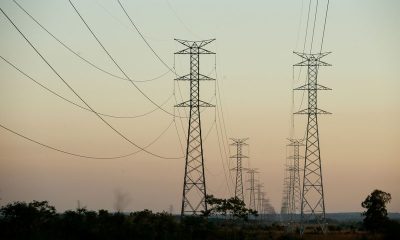
 Investing5 days ago
Investing5 days agoMoldova breakaway region to face new power cuts on Saturday, officials say By Reuters
-

 Investing6 days ago
Investing6 days agoUS data center electricity and water use to increase significantly by 2028: report By Investing.com
-

 Investing5 days ago
Investing5 days agoReebok Co-Founder Backs Syntilay’s New AI, 3D-Printed Shoe
-

 Side Hustles5 days ago
Side Hustles5 days agoHow to Survive High-Demand Seasons Without Losing Customers
-
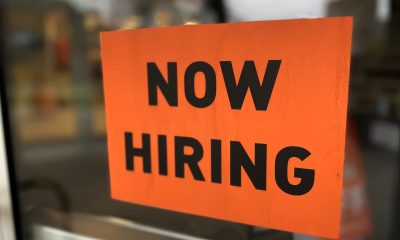
 Side Hustles7 days ago
Side Hustles7 days agoMinimum Wage Is Increasing In These 21 States This Year



